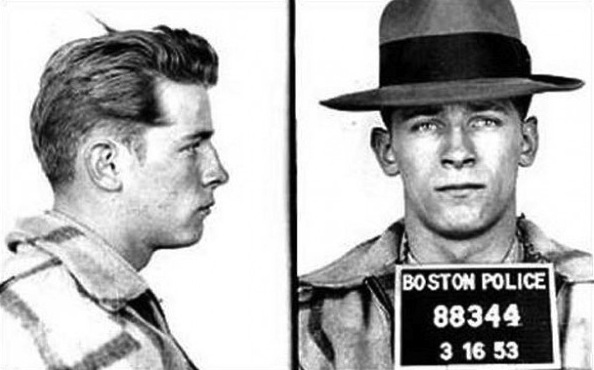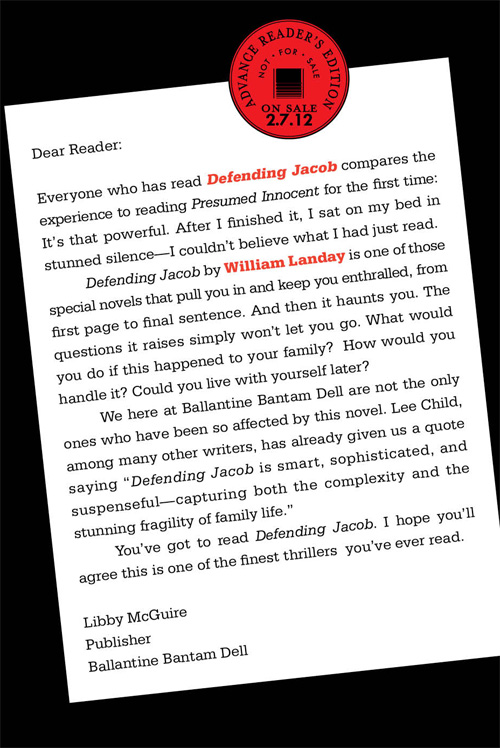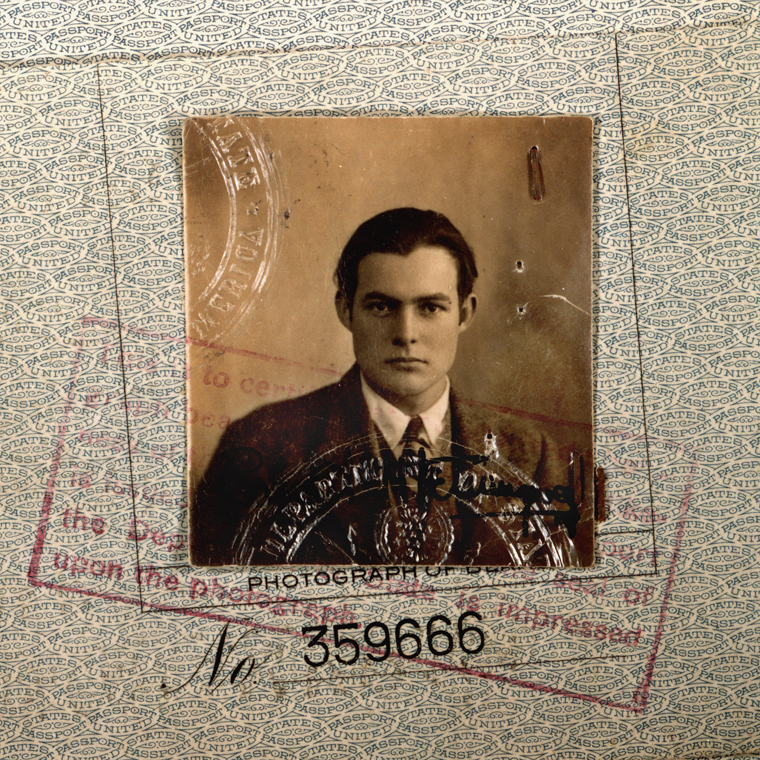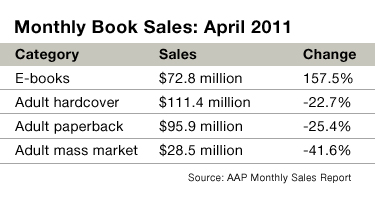Every writer is a thief, though some of us are more clever than others at disguising our robberies. The reason writers are such slow readers is that we are ceaselessly searching for things we can steal and then pass off as our own…
Joseph Epstein (via austinkleon)



